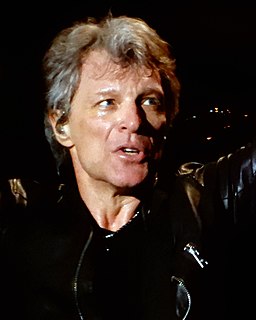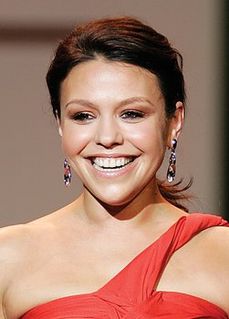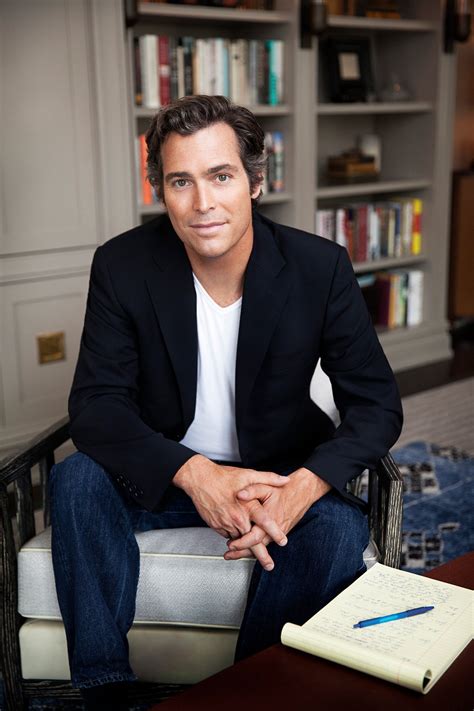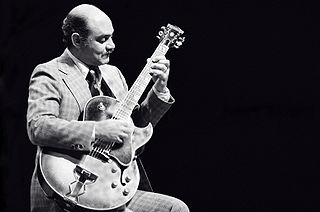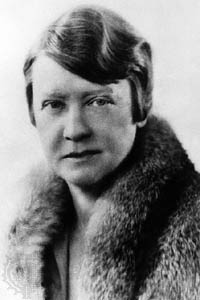A Quote by Don DeLillo
Look at those numbers running. Money makes time. It used to be the other way around. Clock time accelerated the rise of capitalism. People stopped thinking about eternity. They began to concentrate on hours, measurable hours,man-hours, using labor more efficiently.
Related Quotes
There are those who advocate, and those who do. I'm not trying to slight my peers, but there is a difference between using a soapbox and actually getting your hands dirty. I've spent not only years and millions of dollars but hours and hours and hours of my time doing what I do, and that's very different from what anyone else is doing.
It's the answer told by lines that stretched around schools and churches in numbers this nation has never seen; by people who waited three hours and four hours, many for the very first time in their lives, because they believed that this time must be different, that their voice could be that difference.
Our life is made up of time; our days are measured in hours, our pay measured by those hours, our knowledge is measured by years. We grab a few quick minutes in our busy day to have a coffee break. We rush back to our desks, we watch the clock, we live by appointments. And yet your time eventually runs out and you wonder in your heart of hearts if those seconds, minutes, hours, days, weeks, months, years and decades were being spent the best way they possibly could. In other words, if you could change anything, would you?
One cannot walk down an avenue, converse with a friend, enter a building, browse beneath the sandstone arches of an old arcade without meeting an instrument of time. Time is visible in all places. Clock towers, wristwatches, church bells divide years into months, months into days, days into hours, hours into seconds, each increment of time marching after the other in perfect succession. And beyond any particular clock, a vast scaffold of time, stretching across the universe, lays down the law of time equally for all.
I grew up playing the guitar. I started when I was nine, and by the time I was nine and a half or ten, I was doing seven or eight hours' practice every day. I did two hours' practice at six o'clock in the morning before I went to school, and another two hours as soon as I got home from school in the afternoon. Then I did four hours at night before I went to bed. I did that until I was fourteen or fifteen.

